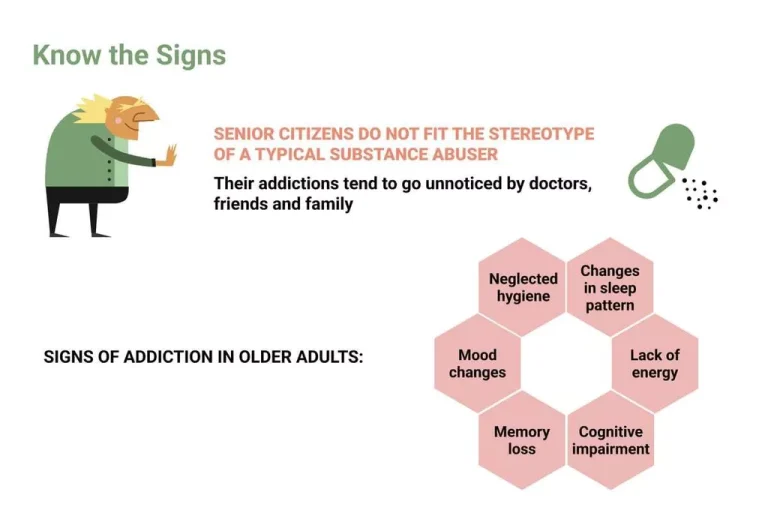- Share on :
- More
How to Talk to an Alcoholic in Denial

Our family therapy programme is especially beneficial for individuals who feel as though their relationship has suffered as a result of their addiction and subsequent denial. This type of therapy helps to build a stronger foundation of trust and support that will assist the patient in their recovery journey. To avoid enabling their behaviours, you need to set clear boundaries and prioritise your own well-being.
Stop drinking
Before you realize it, you can find yourself in a full-blown abusive relationship. Keep in mind that someone with alcohol dependence usually goes through a few stages before they are ready to make a change. Until they begin to contemplate quitting, any actions you take to “help” them quit will often be met with resistance.

Start Healing from Drug and Alcohol Addiction Today
It is only when they experience their own pain that they will feel a need to change. However, for someone with an alcohol dependence, that expectation may turn out to be unreasonable. If the person is incapable of even being honest with themselves, it may not be reasonable to expect them to be honest with you.
I’m Seeking Help
When you’re worried about being judged or confronted about something, honesty can take a back seat. It may be easier for the person with alcohol use disorder to hide the truth than to be honest about their drinking habits. People with AUD often deny they have an unhealthy relationship with alcohol.
- Discuss the negative consequences of their drinking habits and emphasize the benefits of seeking help.
- Additionally, providing resources such as information about support groups or treatment centres can be helpful in guiding them toward seeking help.
- If you or someone you care about is struggling with addiction, please know that there’s help out there.
- Moreover, support groups, such as Alcoholics Anonymous (AA), provide a community of peers for long-term support.
- This holistic approach allows participants to gain insight into their drinking patterns without judgment or shame.
- It often takes repeated conversations, sometimes over months or years, to succeed in your efforts.
Additionally, long-term effects of alcohol result in brain damage and compromise different functions of the brain, including insight and other frontal lobe processes. There may be many reasons why someone is hesitant to seek help — from https://ecosoberhouse.com/ lack of awareness to stigma and shame. “Always approach a loved one from a place of support and desire to help them, instead of leading with judgment or anger,” says Omar Elhaj, MD, a senior medical director at LifeStance Health.

Alcohol Rehab Aftercare and Ongoing Support
Stress, obligations, trauma, abuse, or any other number of negative circumstances can seem like an acceptable reason to pick up a bottle or have a drink. This could be in a one-on-one conversation or an intervention with others who are concerned about the person. If you never tell them how their actions affect you, they will likely never know. Try not to enable your alcoholic spouse by excusing their behavior or caring for them when hungover. ” self-assessment below if you think you or someone you love might be struggling with an alcohol use disorder (AUD). The evaluation consists of 11 yes or no questions that are intended to be used as an informational tool to assess the severity and probability of an AUD.

Oftentimes, enablers are family members who are attempting to protect the person with the alcohol problem. Binge or heavy drinking can wreak havoc on a person’s alcoholism and denial love life, work responsibilities, and in some cases, result in legal problems. When a person starts abusing alcohol, they may feel they have a good reason.

Instead, focus on creating an environment that fosters honest communication and provides a safe space for the individual to acknowledge their struggles. Research indicates that high-quality communication with healthcare providers can lead to improved outcomes, highlighting the importance of these strategies in guiding individuals toward recovery. Alcoholism, or AUD, is characterized by an inability to control alcohol consumption despite adverse consequences.
These gatherings provide a safe space for people in recovery to share their experiences, learn from their peers, and establish a support network that will aid them in their journey toward self-care and sobriety. Recovery often involves a combination of individual and group therapy sessions. In addition to therapy, some people may benefit from medication-assisted treatment to help manage withdrawal symptoms and cravings during the initial stages of recovery. Remember, we understand the challenges you or a loved one might face, and seeking professional help is crucial in overcoming denial and working toward recovery. If you think you have an alcohol problem but may be in denial, or you’re concerned about someone you care about, call Castle Craig today and book a free addiction assessment. Choose a good time to talk, such as when both of you are calm and your loved one is not currently under the influence.


